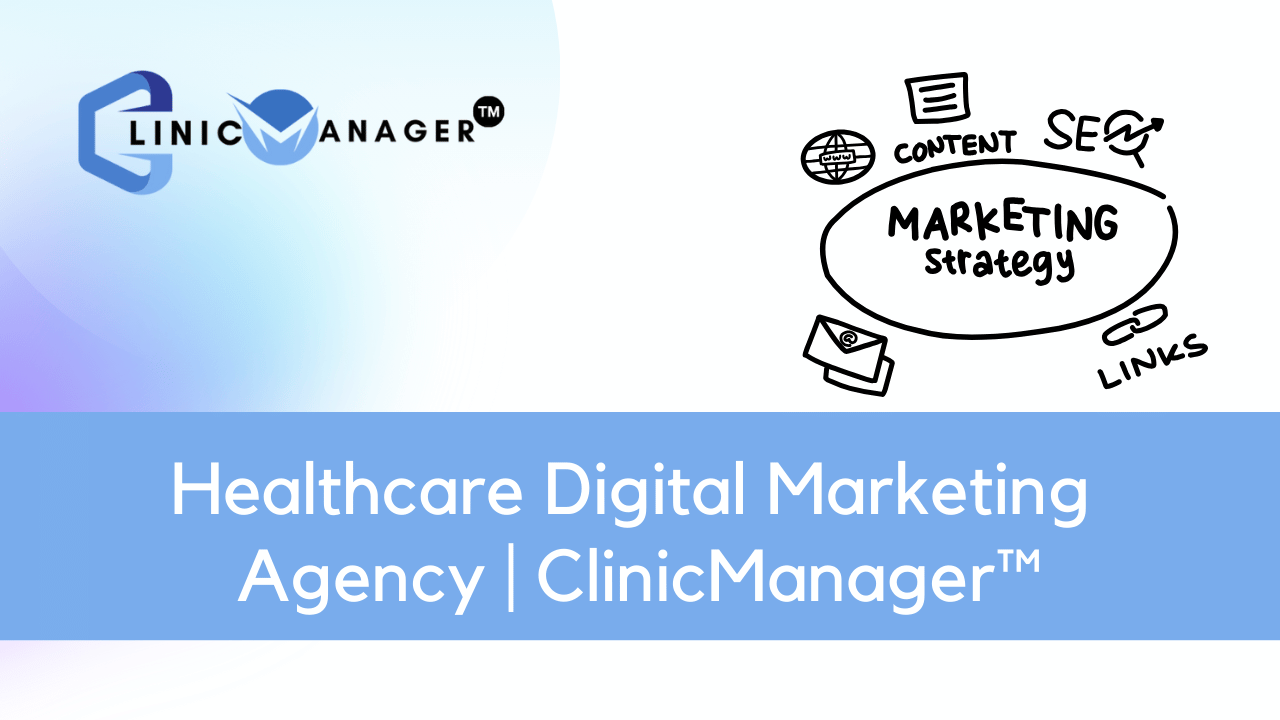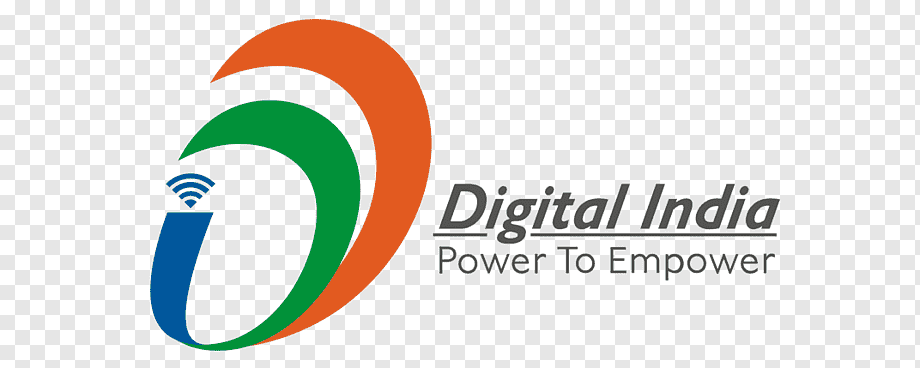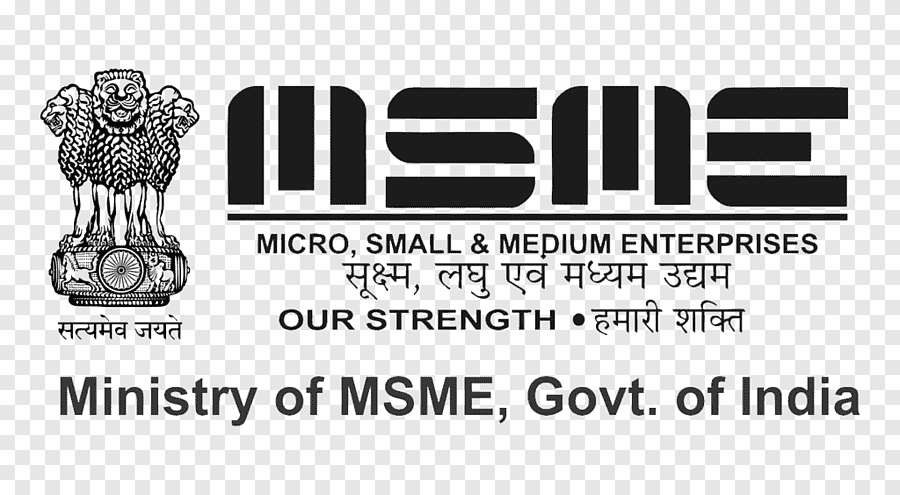Overview
In the digital age, social media has become a pivotal platform for professionals across various sectors, including healthcare. For doctors social media marketing is not just an option but a necessity to enhance their practice, patient engagement, and professional development. In this article, we explore the reasons why doctors should embrace social media marketing and how it can benefit their practice.
The Digital Shift in Healthcare Communication
Embracing the New Era of Patient Interaction
The healthcare industry has witnessed a significant shift towards digital platforms for patient interaction. Patients are increasingly using the internet to find healthcare providers, seek medical information, and make informed decisions about their health. Doctor’s social media marketing plays a crucial role in this digital ecosystem, offering a direct channel to reach and engage with patients.
Building Trust and Credibility Online
For doctors, having a strong online presence through social media marketing is essential in building trust and credibility. By sharing valuable health information, insights into their practice, and patient success stories, doctors can establish themselves as knowledgeable and trustworthy professionals in their field.
The Impact of Doctor’s Social Media Marketing
Enhancing Patient Engagement and Education
Doctor’s social media marketing is a powerful tool for patient education and engagement. By posting informative content, health tips, and updates about the latest medical advancements, doctors can educate their patients and keep them informed about important health issues.
Expanding Reach and Growing the Practice
Social media platforms offer an unparalleled opportunity for doctors to expand their reach beyond their local community. By leveraging these platforms, doctors can attract new patients, retain existing ones, and grow their practice.
Networking and Professional Development
Social media is not just about patient interaction; it’s also a platform for professional networking and development. Doctors can connect with peers, share knowledge, and stay updated with the latest medical research and trends.
Implementing Effective Social Media Strategies
Understanding the Target Audience
To effectively use a doctor’s social media marketing, it’s crucial to understand the target audience. This involves knowing the patient demographics, their social media usage patterns, and the type of content they find engaging and valuable.
Creating Quality Content
The success of social media marketing for doctors hinges on the quality of content they share. This includes educational articles, health tips, patient testimonials, and updates about the practice. The content should be informative, engaging, and tailored to the interests of the target audience.
Consistency and Engagement
Consistency is key in social media marketing. Regular posting and engagement with the audience help in building a loyal following. Doctors should also actively engage with their audience by responding to comments, messages, and feedback.
Navigating the Challenges
Maintaining Professionalism and Compliance
In social media marketing for doctors, maintaining professionalism and adhering to patient privacy laws are crucial. Doctors need to be mindful of the information shared to safeguard patient confidentiality.
Balancing Time and Resources
Managing social media marketing can be time-consuming. Doctors need to balance their time between patient care and social media engagement or consider delegating or outsourcing this task to professionals.
Leveraging Social Media for Enhanced Patient Care
Personalizing Patient Care through Social Media
Social media allows doctors to personalize patient care by providing a platform for direct communication. Through interactive posts and direct messaging, doctors can address general health queries, offer basic advice, and guide patients to appropriate resources, thereby enhancing the patient care experience.
Monitoring Public Health Trends
Doctors can use social media to monitor public health trends and understand common concerns or misconceptions about health issues. This insight can guide them in tailoring their services and educational content to address the most pressing health needs of their community.
The Role of Social Media in Crisis Management
Responding to Health Crises
During health crises, such as the COVID-19 pandemic, social media becomes a critical tool for doctors to disseminate accurate and timely information. By countering misinformation and providing factual updates, doctors can play a pivotal role in managing public health crises.
Building a Supportive Community
Social media enables doctors to build a community where patients can find support and encouragement. This is particularly beneficial for those dealing with chronic illnesses, as they can connect with others facing similar challenges, fostering a sense of belonging and support.
Marketing and Brand Building for Doctors
Establishing a Strong Brand Presence
Doctor’s social media marketing is an effective way to build a strong personal brand. By sharing their expertise, experiences, and insights, doctors can differentiate themselves and create a unique identity in the healthcare sector.
Utilizing Patient Testimonials and Success Stories
Sharing patient testimonials and success stories (with consent) can significantly enhance a doctor’s reputation. These stories humanize the doctor, showcase their expertise, and build confidence among potential patients.
Integrating Social Media with Other Digital Strategies
Creating a Cohesive Online Presence
For maximum impact, doctors should integrate their social media marketing efforts with other digital strategies like SEO, content marketing on their website, and email marketing. This creates a cohesive online presence that can attract and retain patients more effectively.
Leveraging Analytics for Improved Strategies
By analyzing social media metrics, doctors can gain valuable insights into what content resonates with their audience. This data can inform future content strategies, ensuring that their social media efforts are aligned with their audience’s interests and needs.
Ethical Considerations and Best Practices
Navigating Ethical Boundaries
Doctors must navigate ethical boundaries carefully on social media. This includes avoiding the dissemination of unverified information, respecting patient privacy, and maintaining professional boundaries in online interactions.
Best Practices for Online Conduct
Adhering to best practices such as verifying information before sharing, maintaining patient confidentiality, and engaging professionally with users, is crucial for doctors using social media.
The Future of Doctor’s Social Media Marketing
Embracing Emerging Technologies
As technology evolves, so do the opportunities for doctor’s social media marketing. Embracing emerging technologies like AI-driven content creation, virtual reality, and personalized patient care through social media are the future frontiers.
Staying Ahead in a Digital World
To stay relevant and effective in their social media marketing efforts, doctors need to keep abreast of the latest digital trends and continuously adapt their strategies.
Conclusion
In the digital age, doctor’s social media marketing is not just a tool for promotion but a critical component of modern healthcare communication. It offers numerous benefits, including enhanced patient care, crisis management, brand building, and professional development. By understanding the power of social media and using it responsibly and effectively, doctors can significantly enhance their engagement with patients and the community at large.
At ClinicManager™, we understand the unique challenges and opportunities of doctor’s social media marketing. Our tailored solutions help healthcare professionals navigate the digital landscape, ensuring they can focus on what they do best providing excellent patient care.
FAQs
1. How does social media marketing benefit doctors in terms of patient engagement?
Ans. Social media marketing allows doctors to engage with patients beyond the traditional clinical setting. It provides a platform for sharing health tips, medical updates, and educational content, fostering a more interactive and informed relationship with patients. This engagement can lead to increased patient trust and loyalty.
2. Can social media marketing help doctors attract new patients?
Ans. Absolutely. By maintaining an active and informative presence on social media, doctors can increase their visibility and appeal to a broader audience. Potential patients often search for healthcare providers online, and a strong social media presence can make a doctor more accessible and attractive to these individuals.
3. What role does social media marketing play in a doctor’s reputation management?
Ans. Social media is a powerful tool for building and managing a doctor’s professional reputation. Positive patient testimonials, informative content, and active engagement can enhance a doctor’s credibility and authority in their field. It also provides a platform to quickly address any negative feedback or misinformation.
4. How can doctors balance professionalism and personal expression on social media?
Ans. Doctors should maintain a professional tone and adhere to ethical guidelines, including patient privacy laws, when posting on social media. However, they can also show their personal side by sharing their journey, experiences, and the human aspects of practicing medicine, which can make them more relatable and approachable to their audience.
5. Are there any risks associated with doctors using social media for marketing?
Ans. While social media offers many benefits, there are risks, such as the potential for breaching patient confidentiality, spreading misinformation, or facing online criticism. Doctors need to be cautious about the content they share, ensure accuracy, and maintain professional boundaries. It’s also important to stay updated with the latest guidelines and best practices for social media use in healthcare.







